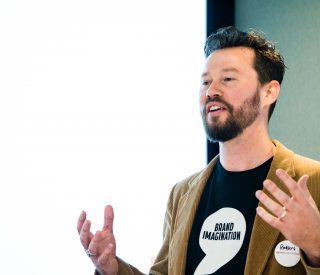There is little-to-no rest in site for Pakistan as it recovers from a gruelling three weeks of political espionage, civil unrest and a near coup.
Claims of a strong military push for the resolution of the Long March by reinstating the deposed Chief Justice Iftikhar Muhammed Chaudhry is now being heavily denied by the Pakistani Government.
“The armed forces must have been concerned about what was going on; they must have been as concerned as any other member of the civil society because what was happening was that two major political forces were on a collision course,” said Farhatullah Babar, a spokesman for President Zardari.
The US are now insisting that the current state of political flux will increase the likelihood of more Militant attacks by Islamic extremists intent on destabilising the country.
“Instability in Pakistan has become a major source of international concern, especially since Pakistan is one of a handful of countries that possess nuclear weapons – The current political turmoil will certainly distract the government from dealing with the multiple challenges facing Pakistan, including spreading Talibanisation in the North West Frontier Province (NWFP),” said Lisa Curtis, a senior research fellow in the Asian Studies Centre at the Heritage Foundation.
A convenient viewpoint for a country that has so many ulterior motive in the region and has just announced plans to extend its covert attacks, not only in the NWFP, but also pushing deeper inside the Pakistani border.
“Mr. Obama’s top national security advisers, known as the Principals Committee, met Tuesday to begin debating all aspects of Afghanistan-Pakistan strategy. Senior administration officials say Mr. Obama has made no decisions, but is expected to do so in coming days after hearing the advice of that group,” reported the New York Times.
























